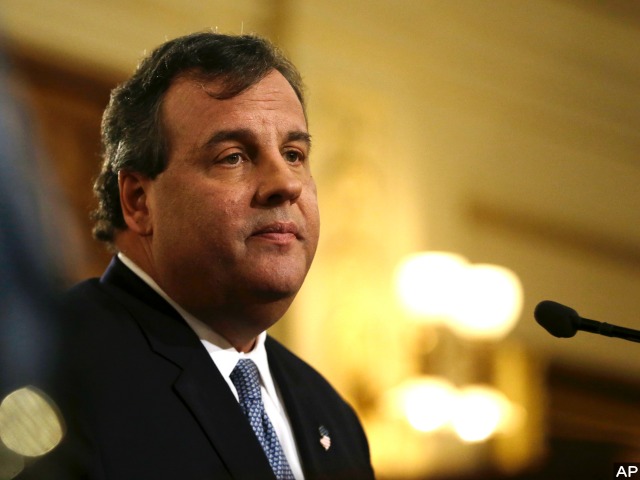
JERSEY CITY, New Jersey–Had New Jersey recovered from the 2008 recession as quickly as the rest of the nation, it would have received $3.3 billion more in revenue than it did in the 2013 fiscal year, according to a report from the Office of Legislative Services.
OLS’s David Rosen told Bloomberg News that New Jersey had been recovering at a significantly slower pace than New York or Pennsylvania and had among the least vibrant economies in the nation. If New Jersey’s job growth and other economic factors had been akin to its neighbors’, the government would have had billions more to invest in debt reduction. Rosen used figures from the Pew Charitable Trust to come up with the number.
One major obstacle to improving the New Jersey economy, Rosen argued, was that the state government under Chris Christie has chronically predicted higher revenue incomes than it receives in actuality, which results in budgets that are much bigger than the state can handle. These high predictions came from new income sources like online gambling or the sale of e-cigarettes but appeared never to fully reach their potential.
New Jersey broke its own record in debt in 2013 with $40.4 billion owed. Studies have called the state the “least economically solvent” in the nation, and credit rating agency Moody’s changed the state’s outlook to negative last year thanks to its continuing revenue problems. Given its economic problems, New Jersey also boasts the highest percentage of unemployed veterans in the nation.
A study by RegentAtlantic found that one major obstacle for the state to bring in the necessary revenue to keep its economy afloat is its extremely high taxes on the wealthy. Wealthier Americans are leaving New Jersey in extremely high numbers, which is reducing the amount of taxes going to the state and the flow of money, as well as eliminating jobs – both for those who would be employed at companies run by wealthy Americans and those whose services, legal, financial, or otherwise, are commonly needed by wealthier people. Lowering taxes, the study concluded, could help make New Jersey a friendly destination for job creators and those who pay higher taxes and invest in humanitarian causes.
In proposing a new budget for the 2014 fiscal year last February, Governor Chris Christie unveiled a budget that included the highest ever payment to public pensions, “nearly the equivalent of the total payments made in the ten years before we arrived by five different governors.” Christie noted in his proposal that these payments were fixed into the budget, as is much of the spending, which deprives him of the discretion to remove the payments without the legislature approving such a move.

COMMENTS
Please let us know if you're having issues with commenting.